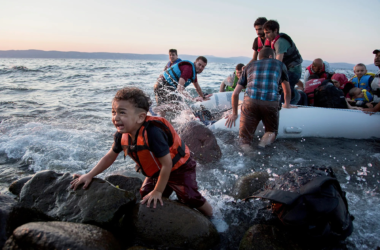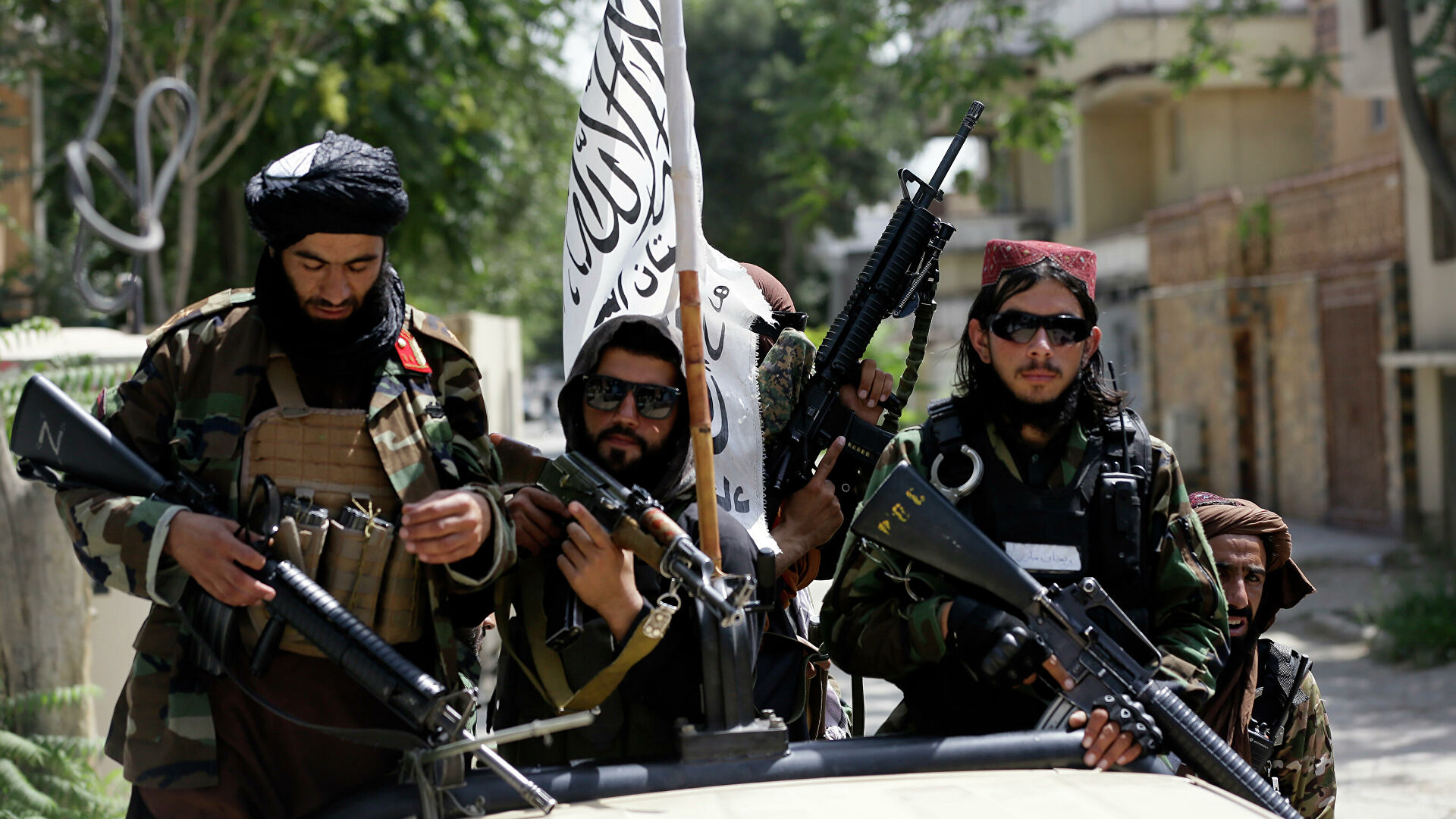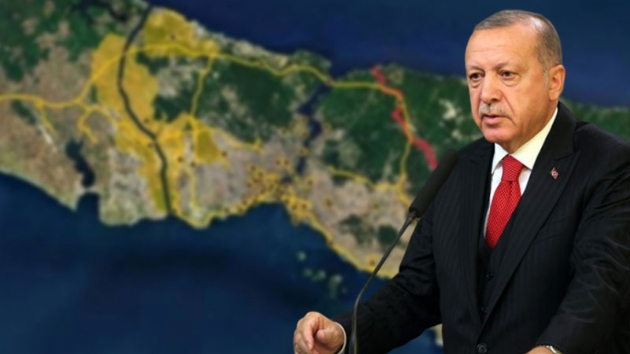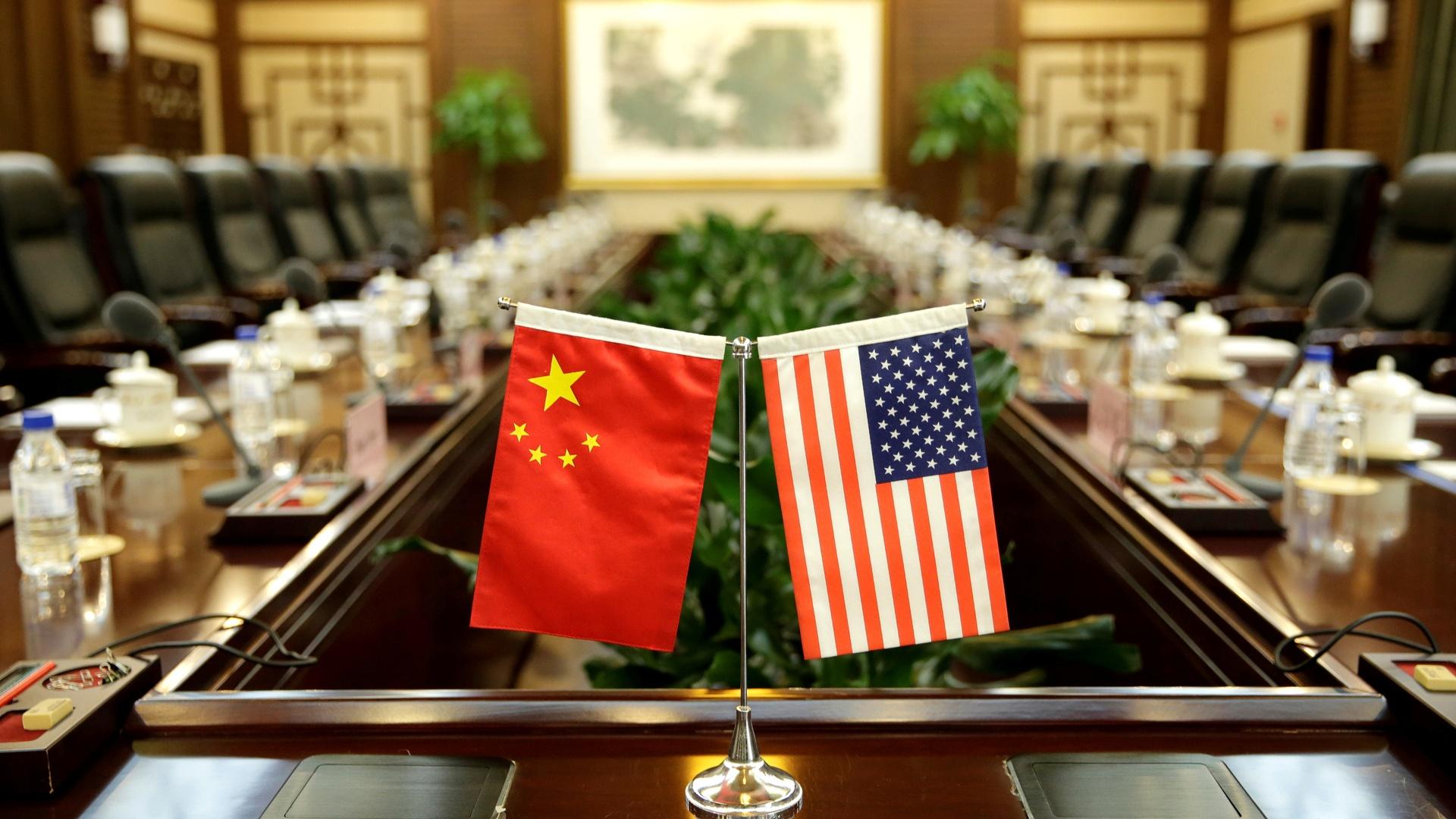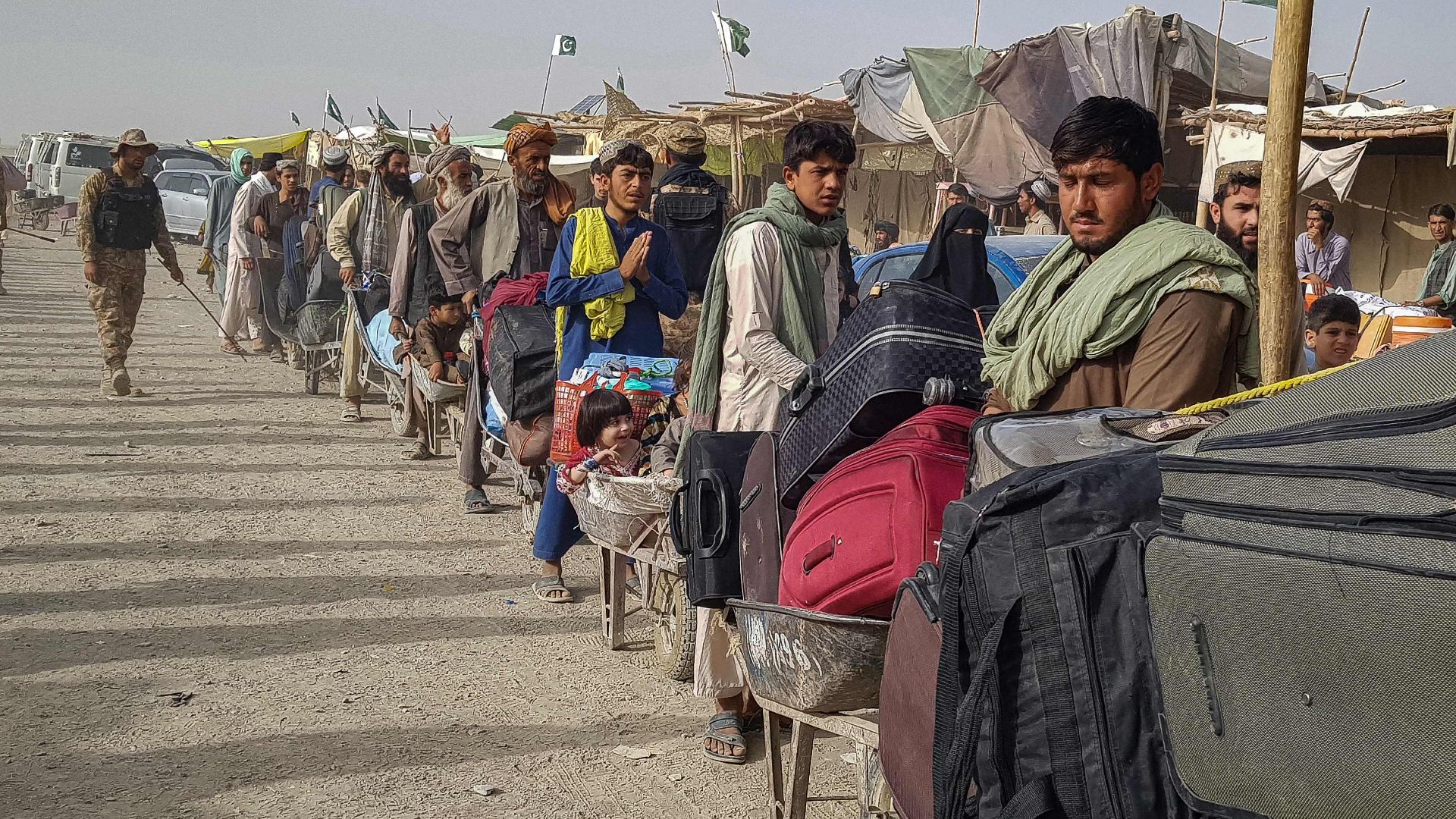The Bosphorus is one of the busiest maritime passages in the world. With nearly 53,000 vessels passing through in 2017 compared to around 12,000 ships that transited the Panama Canal, and 17,000 for the Suez Canal. Parallel to the Bosphorus strait, the Turkish government is planning to build ‘Canal Istanbul’. Canal Istanbul will connect the Black Sea and the Sea of Marmara, and the north and south of Istanbul. It will also redraw the map of one of Europe’s biggest cities, turning Istanbul’s western side into an island. The government said the canal will be 45 kilometers long, 25 meters deep and from 400 metres (in some points) to one kilometre wide. About 30 percent of the land along the canal route is privately owned, and it’s a highly sought-after commodity. A square meter of land around Şamlar that went for $6.5 three years ago now sells for up to $184. In some other areas along the canal’s route, prices have gone from $25 to more than $800 per square meter.


Planning for the project began as early as 2011, then stagnated for years. But now the Turkish government has brought the plans to life again. Erdogan announced that the tender for the canal construction will soon begin. “It will be built whether you like it or not” he stated, targeting the opposition. The Ministry for Environment and Urban Development has examined the environmental compatibility of the construction project and assessed it as “positive”.
The project is expected to cost approximately $15 billion. Canal Istanbul will not be financed by the Turkish government alone. Instead, a build-operate-transfer finance model is being employed. This will allow concessions to a private company to finance, build and operate the project. Embarking on such a costly infrastructure project is rather ambitious considering the recent drop in the value of the lira against the US dollar.
It is estimated to withhold a capacity of 160 vessel transits a day – somewhat equivalent to the current volume of traffic through the Bosphorus, where traffic congestion leaves ships queuing for days off the strait.
Canal Istanbul is not just a canal project. New parks and buildings will be built around the canal and merged with the rest of the city, contributing to urbanisation. The government is expecting to generate approximately $8 billion in revenue per year from Canal Istanbul, thanks in part to the service fee for transits, former minister Arslan said. “We are also planning ports, logistic centres and artificial islands to be integrated with the canal route in this corridor”, Arslan added. The artificial islands will be built using soil dug for the canal. The canal’s construction is expected to disrupt critical water sources serving Istanbul’s European side. But, the former minister said the problem will be sidestepped; freshwater will be piped under the canal instead.
CONS
The project has the potential to severely impact the climate and balance of minerals and nutrients in the Black Sea and surrounding areas, and would deplete oxygen levels in the Sea of Marmara. “There are two flows in the Bosphorus. At the bottom of the Bosporus there is a denser flow going north, from the Mediterranean to the Black Sea, and at the surface another flow coming south,” Cemal Saydam, a professor of environmental engineering at Hacettepe University in Ankara, said. He adds that because the Marmara Sea is saltier than the Black Sea, a change in the salinity once they are joined could alter sea currents and temperatures, destroying marine life as a result. Erdogan has said the project would help avoid environmental disaster in the Turkish straits, but critics argue that more damage will be done by undertaking the project.
THE MONTREUX DILEMMA
For Russia, Ukraine and other Black Sea countries, the canal raises tricky questions about shipping and naval passage. The new canal would not be subject to the 84-year-old treaty, the Montreux Convention, which guarantees international vessels passage through the Bosphorus without having to pay an entrance fee. The 1936 Montreux Convention gives Turkey control over the straits within its borders, and during peacetime guarantees access for civilian vessels. It also limits access of naval warships, helping to protect the Black Sea from militarization. The new waterway, should it be opened, will not be covered by the Convention, thus allowing warships of other nations that aren’t neighbouring the Black Sea enter without any restrictions. At this point, conspiracy theorists underline the similarities the project and another project proposed to the Turkish government of 1950 by the Americans have. This would most possibly bring the Canal issue to a point where it becomes an international problem because other littoral states will want a say in the matter, now restless because of their concerns on national security.
WHY WOULD CAPTAINS PICK THE CANAL OVER THE NATURAL STRAITS?
Firstly, there is no legal and lawful way ships can be prohibited from entering the Bosphorus Strait and redirected to the proposed Canal. As experienced captains’ opinions go, no captain with the right mind would take the artificial route over the natural one. Saim Oğuzülgen, a veteran sailor with 50 years’ in the industry, says that the government’s claims of tanker ships posing threats to the strait are not valid because the strait is wider, deeper and has more room for ships to maneuver in case of emergencies. To the contrary, he adds, the supposed threats would be transferred to a place where help wouldn’t reach in time and cause a bigger problem. Mustafa Behzat Esinduy, another experienced captain, believes that the construction of a canal would produce little to no revenue because nobody could be forced to take the canal. If a ship had to drop anchor and wait for the traffic in the Straits, it would happily, because it would not bring any additional expenses to the company and/or ship owners whereas taking the Canal would mean having to pay for passage fees. On the other hand, with the TANAP and BTC gas pipelines now being operational and the number of tanker ships that pass through the Straits gradually decreasing, the new pipelines will decline the number of passing ships even further. This raises the question of the Canal’s feasibility and economical sustainability.
GEOPOLITICAL AND MILITARY CONCERNS
A retired admiral of the Turkish Navy Cem Gürdeniz assesses the project from his own professional perspective. Should the Canal be opened and West Istanbul turned into an island, the city would be linked to the Thrace area via bridges. Admiral Gürdeniz questions whether or not any bridges would be left standing in a war case scenario. He stresses that defensive and strategical planning has not been sufficiently made and that army professionals have not been properly consulted. He too, emphasizes the importance of the Montreux Convention, saying that no submarine or aircraft carrier could possibly cross the Straits and that if it weren’t for the Convention there would be at least 50 warships of different countries in the Black Sea today. He also adds that imperialist powers hate the Convention for its restrictions. He stresses the Convention’s importance for Turkish national security as well.
In another concern of his, he asks how a proper evacuation of citizens would be conducted in case of a natural disaster. He stresses that the Bosphorus Strait has cutting edge technology helping captains navigate through the waters.
Another retired admiral of the Navy, Semih Çetin claims that the United States is looking for opportunities to go around the Montreux Convention to bring its navy vessels into the Black Sea and the Canal will give the US more than what it is wishing for. He underlines that the Black Sea is in no way subject to controversy concerning continental shelves or exclusive economic zones because the only decisive parties are only the littoral countries themselves, resulting in a peaceful region. He says if the Canal is built it will be the end of peace in the Black Sea. Admiral Çetin is also concerned about the defense strategies of Thrace in the event of the Canal being finalized. He stresses that it would in no way be easy to send logistics and supplies to the units in the region and cause great defensive weaknesses. He concludes by stating that geopolitics does not tolerate being messed and tampered with.
In light of these views and opinions it can be said that this “crazy” project is not only crazy, but also insane. With residents giving their written objections on the Canal Project and the municipality terminating the protocol signed with the government for the Canal, it seems there’s rough opposition for the government to get things going. Only time will show what becomes of Erdogan’s dream project.


